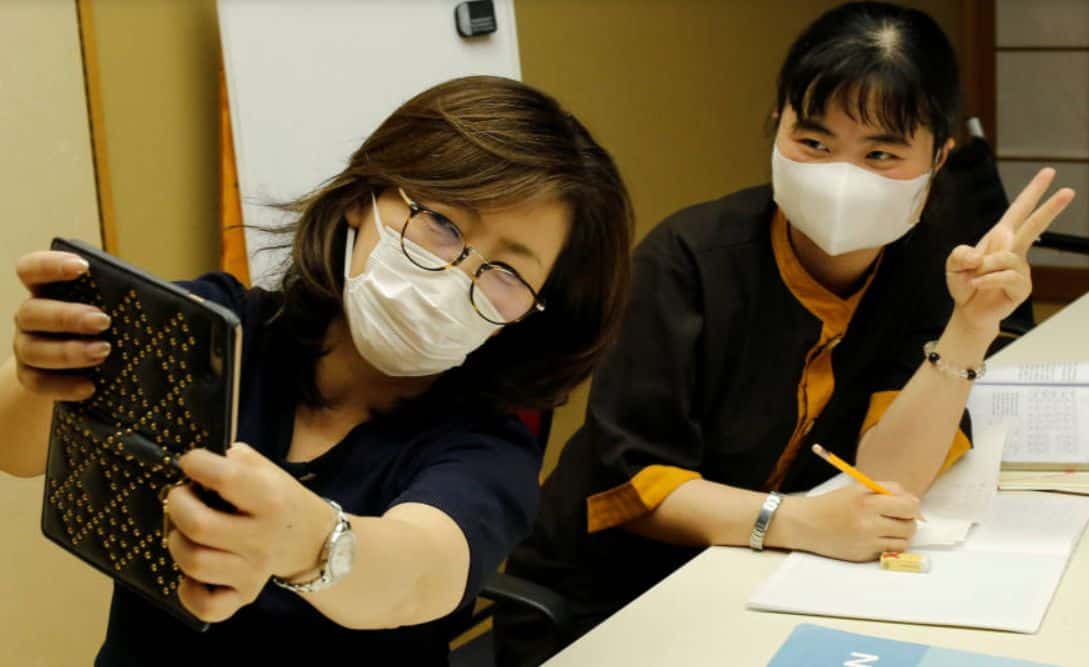“Japanese companies practice wise capitalism and not Wall Street capitalism.” Hirotaka Takeuchi, a professor at Harvard University’s School of Business, says so, who has spent years studying both the innovation and development policies of Japanese companies and the way they react in times of crisis. But what does that “wise capitalism” mean?
Takeuchi sums it up in a nutshell in that Japanese companies don’t just accumulate profits, as they do on Wall Street and in most world economies, but rather invest in their community. A theory that, as this 73-year-old Japanese professor explains to the BBC, is based on three pillars: longevity, leadership and empathy.
Longevity does not refer to the famous life expectancy of the Japanese, but to that of their companies. Four out of ten companies in the world over 300 years old are in Japan. Takeuchi explains it with the concept of “creating the future” and sums it up by explaining that while some troubled companies “develop five-year strategic plans, many Japanese companies think about the next 100 or 200 years.”
Invest in others
That vision of the future is one of the emblematic characteristics of Japanese companies, but not the only one. Leadership is vital in the land of the rising sun and in times of crisis it is best demonstrated: it is not about leaving as soon as possible but following the dreams of the visible head. For this reason, the professor explains that “it is important for us to listen to the leader. We call this tacit knowledge. It is an approach centred on the human being, on his beliefs.”
That leadership is particularly necessary in hard times, such as the tsunami that hit Japan in 2011. The response of many leaders, who sought quick solutions to help their workers and customers and did not think about the cost that this would entail for the company, helped recover in record time. The problem with such vertical command structures is that not everyone dares to disagree with their superiors, but Takeuchi does not see it as something that happens in all Japanese companies.
The third pillar of that wise economy is empathy, and Japan knows a lot about that because of its circumstances: its location makes it frequently hit by natural disasters and that makes it easier for executives to understand the difficulties their employees go through so much like the rest of citizens. Putting yourself in the other’s place is common in Japan and companies to take care of their workers like they don’t in other countries of the world.
The raison d’être of companies is what differentiates the Japanese system from that of Wall Street. Takeuchi explains that ” a company is an instrument of society, which allows you to exist to the extent that you deliver some kind of value to the community.” So “many Japanese companies are not very popular with Wall Street people because they are not focused on being more profitable and maximizing shareholder value.”
The best way to look at it is in crisis situations, because, thanks to that wise capitalism, “the shareholders of Japanese companies do not demand the same benefits that they had before during economic crises. Shareholders in Japan understand that there is a crisis and expectations drop. That doesn’t happen on Wall Street. “The problem for the future is that globalization has brought western capital to Japanese companies and, with them, the pressure to obtain more benefits. A pressure that, for the moment, Japan knows how to control.
